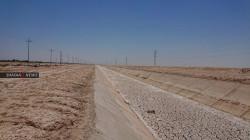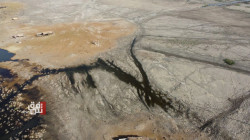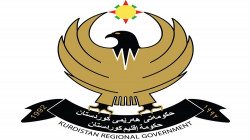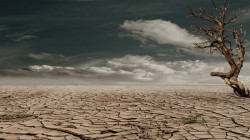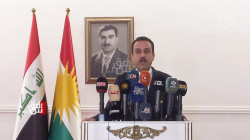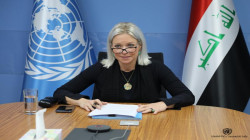Iraq's escalating water crisis: a century's worst shortage amplifies disease rates and environmental perils
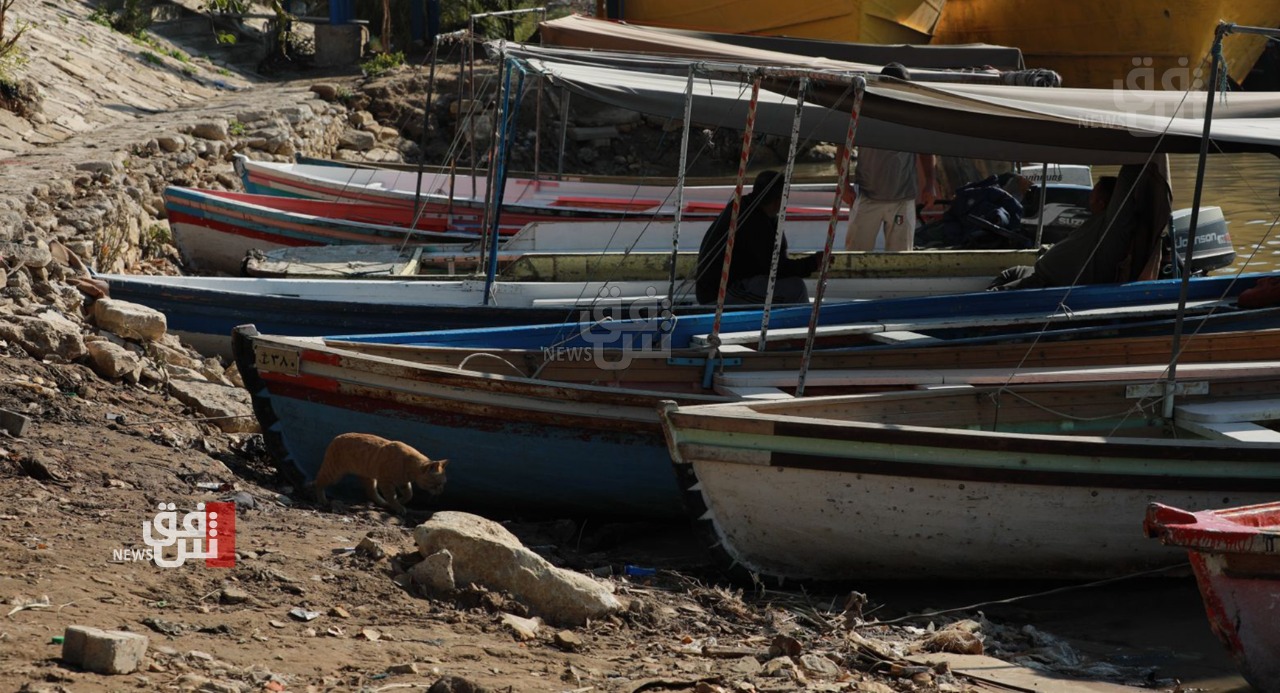
Shafaq News / Amidst a century's most acute water crisis, Iraq faces heightened disease rates resulting from the release of detrimental and contaminating substances, including heavy water (sewage), into the rivers. The exacerbation of this water shortage poses considerable challenges in applying traditional treatment techniques to the rivers. Moreover, further releases from strategic reservoirs could be employed to mitigate contaminant concentration and facilitate their removal.
Dr. Khaled Shamal, spokesperson for the Ministry of Water Resources, stated, "Iraq endures a water scarcity that has intensified over the past three years due to insufficient rainfall and diminished water releases from neighboring countries. Presently, the nation receives less than 30% of its natural benefits, impacting humans, fauna, and flora."
Shamal elaborated, "Numerous government institutions and private sector entities, in association with the municipality of Baghdad, municipal departments, and various ministries, discharge pollutants and waste of diverse forms, including liquid, solid, chemical, and biological, into the Tigris and Euphrates rivers."
He further explained that pollutants are dumped through a combination of direct transgressions and inadequate treatment plants, thereby increasing concentrations of toxic substances detrimental to both human health and the environment.
In the past, the Ministry of Water Resources addressed this issue by increasing releases from strategic reservoirs to the Tigris, Euphrates, and other rivers such as the Diyala, in order to dilute pollutant concentrations and expel them. Shamal noted, however, that this measure is currently unfeasible due to the critical state of the strategic reservoirs.
The Ministry of Water Resources' spokesperson urged all relevant government institutions and private sector entities to "cease disposing waste into the Tigris, Euphrates, Diyala river, or any Iraqi waterway or stream, uphold professional integrity, protect waterways from pollutants, and rehabilitate and upgrade associated treatment plants."
Environmental activist Ahmed Saleh indicated that the current water crisis, the worst in 92 years, has led to increased disease rates among citizens due to heightened toxic and saline concentrations. The majority of heavy water from domestic and industrial sewage is dumped into rivers by most governorates, while salt concentrations result from insufficient water releases.
Saleh explained to Shafaq News Agency, "Rivers possess slow flows and scarce water, incapable of displacing the large quantities of toxins (heavy water) dumped by municipalities. Consequently, the southern governorates, situated downstream, bear the brunt of this harm, as they both release and receive large amounts of water into the rivers."
According to Saleh, the Marshes—essentially stagnant bodies of water—have sustained the most damage. They are susceptible to rapid drought due to the presence of water-absorbing plants and algae, water-evaporating reeds, and high salinity rates stemming from polluted water and the absence of substantial water flows. As a result, illnesses and malignancies have surged, along with the demise of vital microorganisms crucial to the food chain's biological balance in the marshes.
Dr. Shukri al-Hassan, a professor and environmental expert, confirmed that "stagnant water significantly impacts the aquatic environment, particularly when river levels recede and flow counter to the river's natural course. Organic pollution can increase due to elevated nutrient proportions in the river, leading to oxygen depletion, nutrient and algae proliferation, and subsequently, a rise in microbial pollutants."
Al-Hassan added to Shafaq News Agency, "When stagnant water combines with another water body, bacterial growth that consumes oxygen is stimulated. Aquatic species, particularly fish, struggle with low dissolved oxygen levels, which may even prove fatal when below five mg per liter."
Dr. Haitham al-Obaidi, director of the Ministry of Health's Health Promotion Department, elucidated that "stagnant water not only fosters the growth and reproduction of numerous harmful bacteria, parasites, worms, and other organisms but also serves as a breeding ground for disease-carrying insect larvae. Consequently, utilizing stagnant water can lead to a multitude of gastrointestinal and dermatological diseases, such as schistosomiasis, which is caused by a parasite."
Dr. al-Obaidi continued, "The emergence and proliferation of parasites or disease vectors like mosquitoes can result in illnesses such as Leishmaniasis (Baghdad Pimple) and kala-azar disease (Visceral Leishmaniasis). As for skin diseases other than leishmaniasis, direct contact with contaminated water can induce sensitivity, irritation, and persistent itching."
"The use of stagnant water may also contribute to skin infections, such as purulent sebaceous glands and wound inflammation, in addition to eye and urinary system disorders," he concluded.
In light of the mounting challenges presented by stagnant water and its detrimental effects on human health and the environment, urgent action and innovative solutions are required to address Iraq's worsening water crisis.
